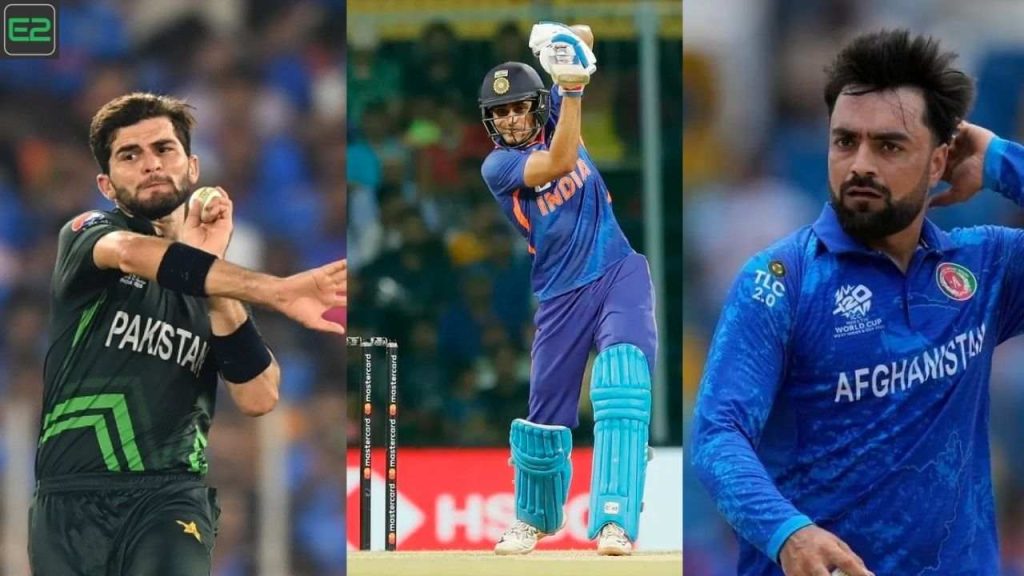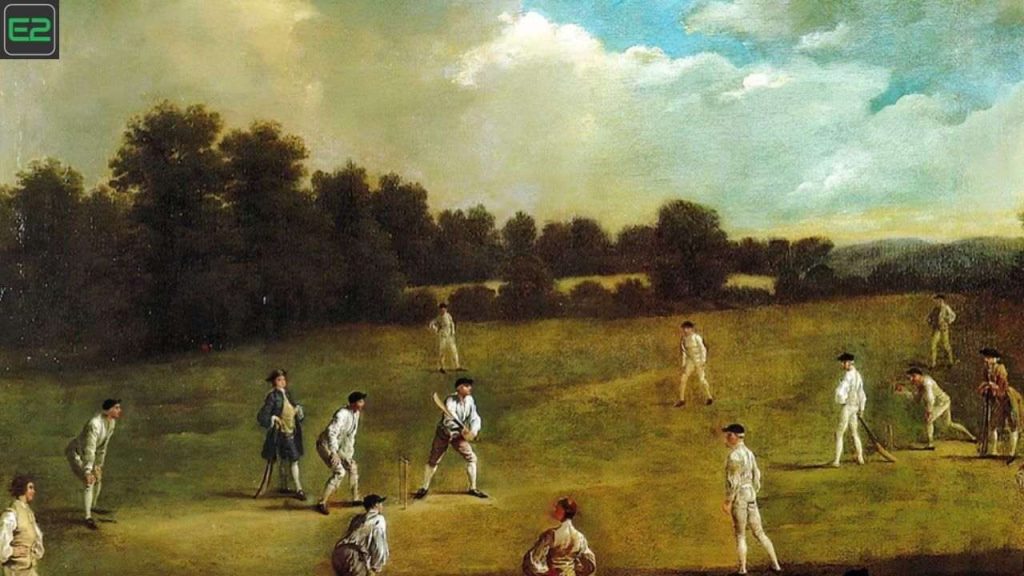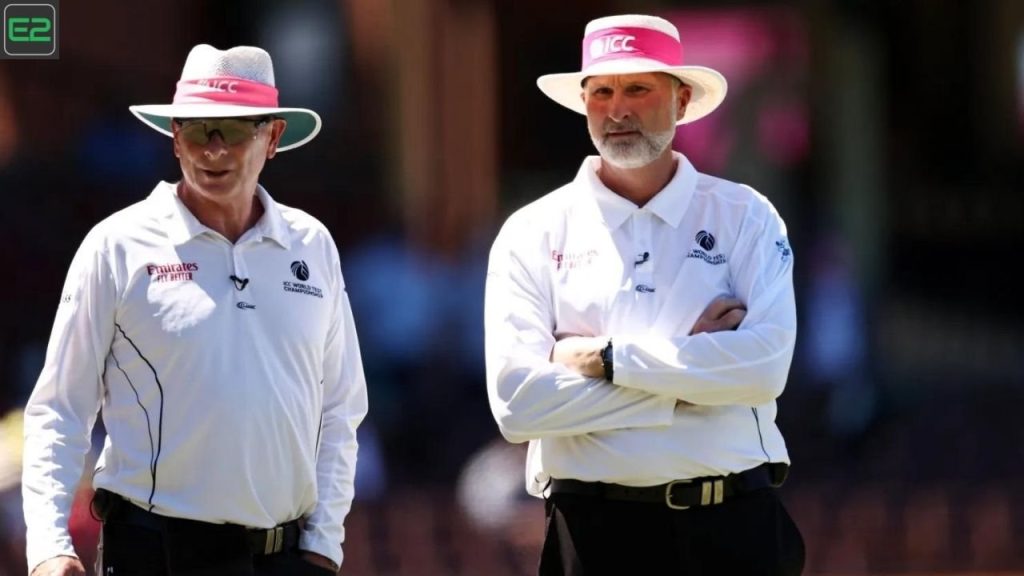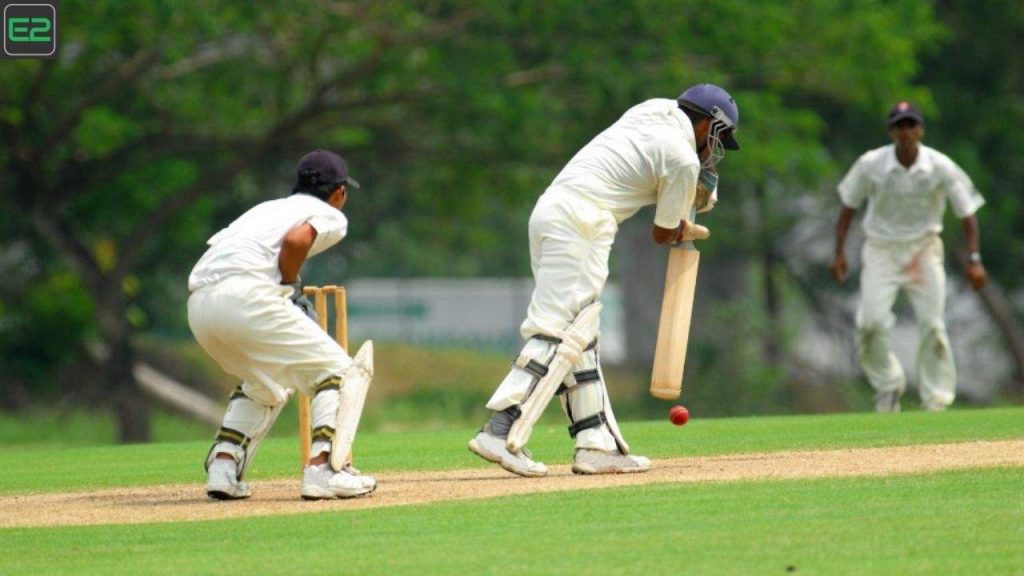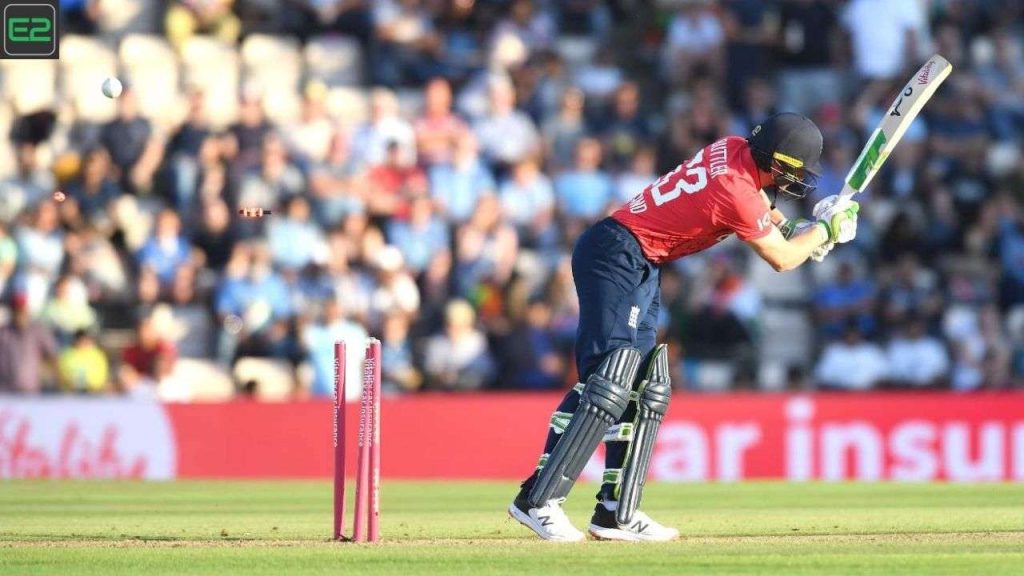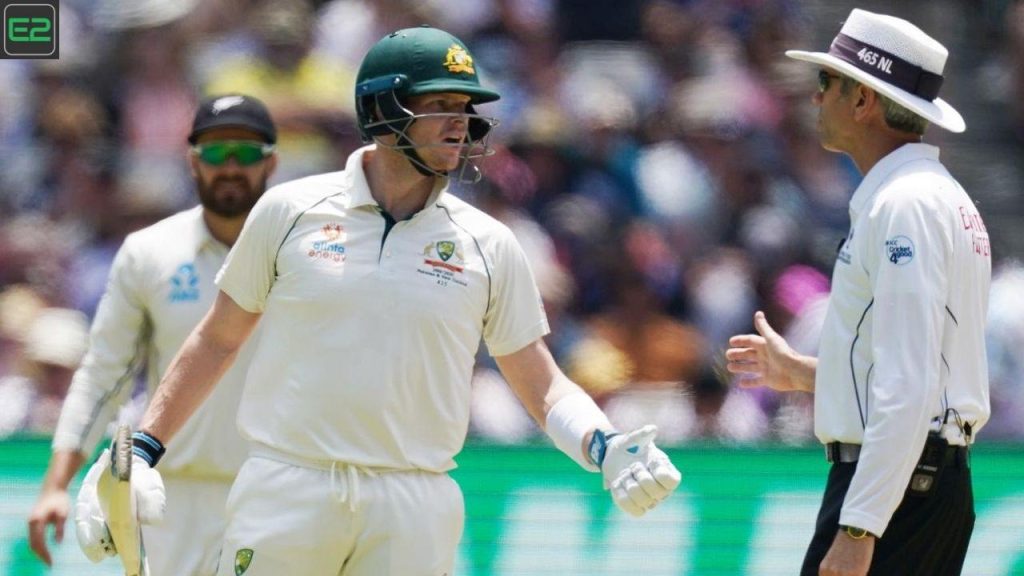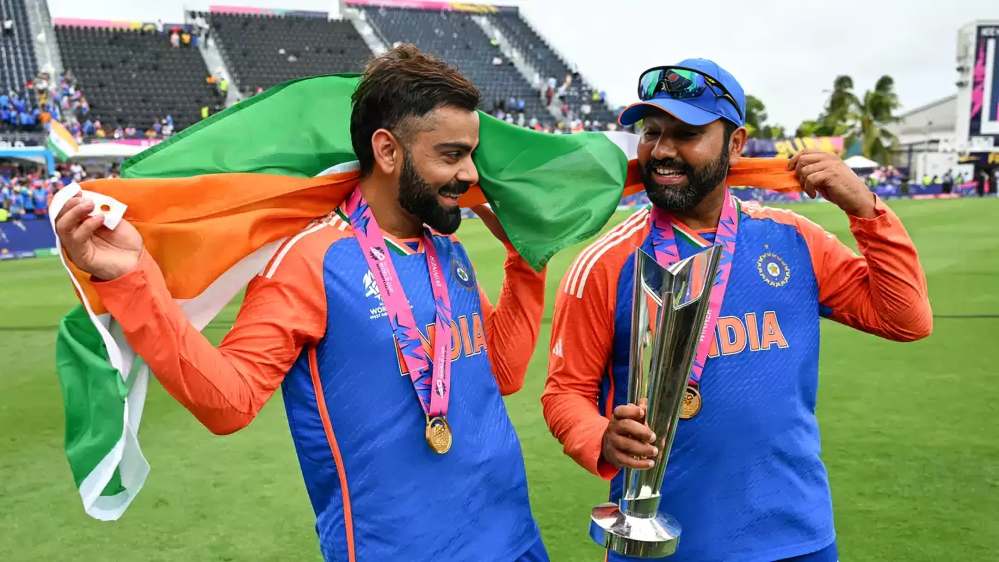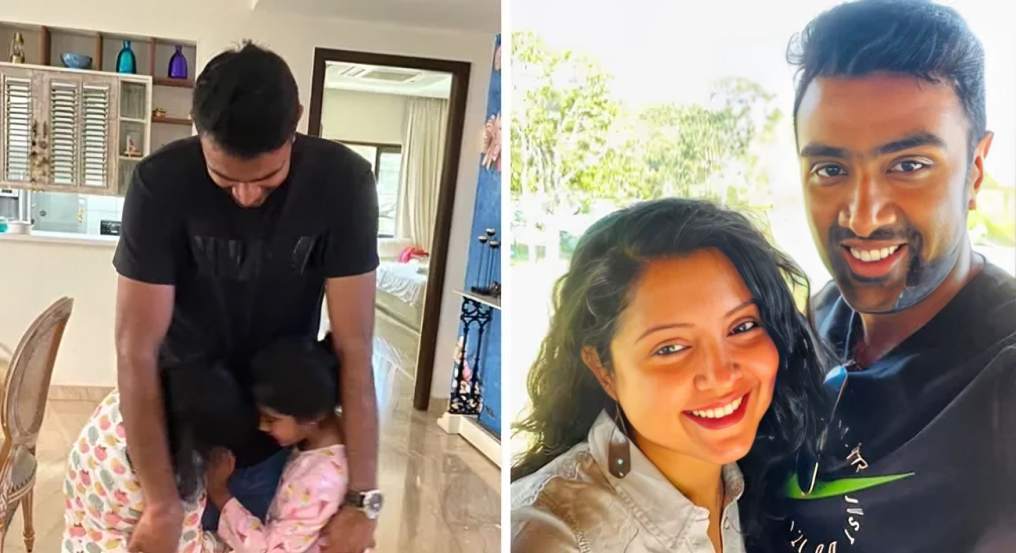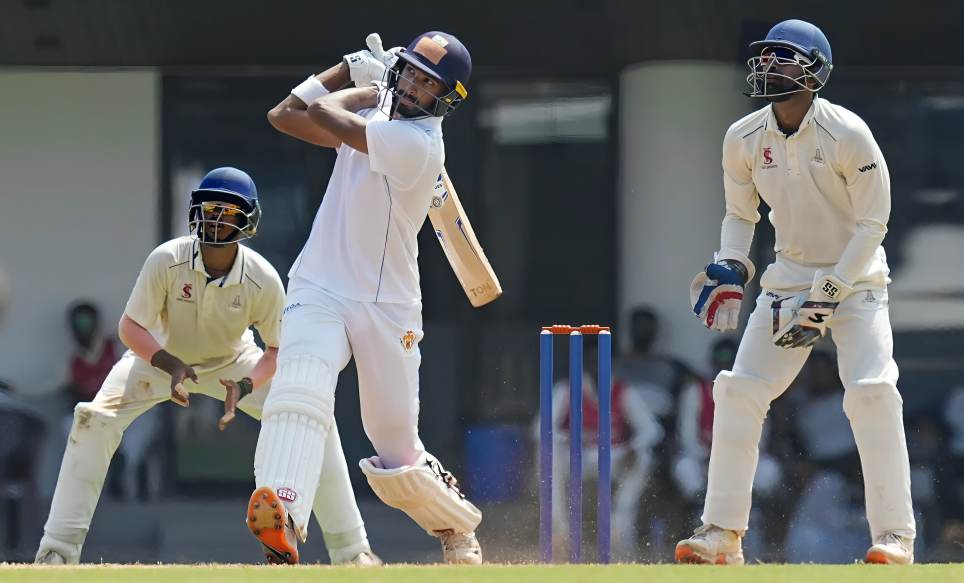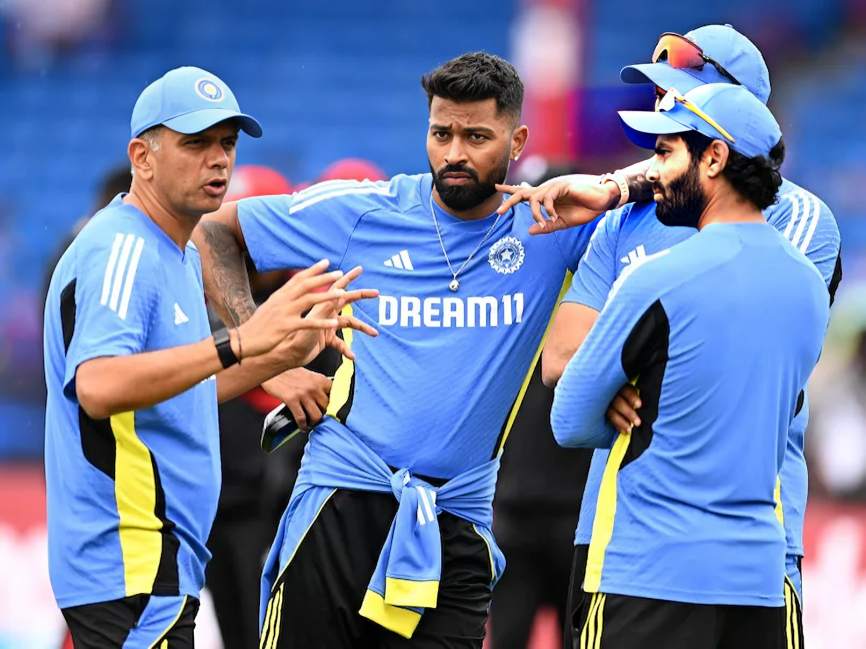With Shubman Gill succeeding Rohit Sharma as India’s ODI captain, the move underscores the selectors’ strong faith in the 25-year-old’s leadership abilities.
Table of Contents
Rohit Sharma Steps Down as India’s ODI Captain
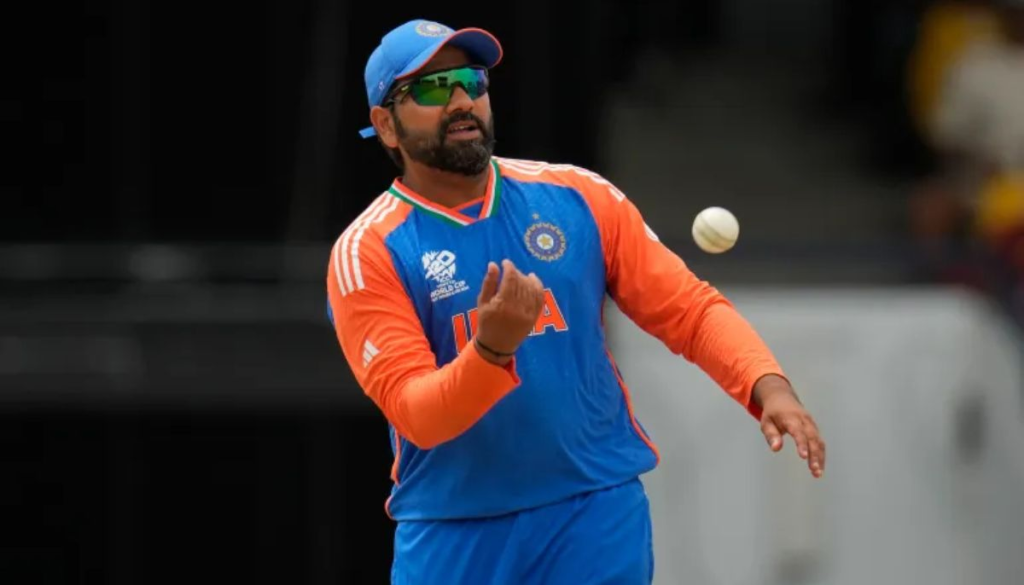
Not even Rohit Sharma would claim to be shocked at being replaced as India’s One-Day International captain, but when the official call came on Saturday—with a finality that signaled more than just the end of his leadership—it was still difficult to digest.
A players’ captain in every sense, Rohit Sharma leaves behind a remarkable record, boasting the highest win percentage among Indian skippers who have led in more than ten ODIs. Under his charge, India achieved a 42-12 win-loss record in 56 matches. His tenure included an almost flawless 2023 home World Cup campaign that ended heartbreakingly against Australia in the final, and a triumphant Champions Trophy run in Dubai earlier this year, where he earned the Player of the Final award for his sublime 76 against New Zealand.
From commanding the troops to returning as one of them, Rohit will rejoin the ranks when India head to Australia later this month for a three-match ODI series. The promotion of Test captain Shubman Gill to ODI leadership was expected, though few anticipated it would happen this soon. With the next 50-over World Cup still two years away, selection committee chairman Ajit Agarkar explained that, given the format’s limited fixtures, an early transition would allow Gill ample time to mature into his new role and shape India’s long-term vision.
India squad for Australia tour announced: Shubman Gill ODI captain, Shreyas Iyer vice-captain, Ravindra Jadeja dropped
— Hindustan Times (@htTweets) October 4, 2025
Know more🔗https://t.co/yPtR2BI8Z9
(via @CrickitbyHT) pic.twitter.com/pSvxSJOmCn
Ajit Agarkar emphasized that having three different captains across formats was no longer sustainable, with Asia Cup-winning skipper Suryakumar Yadav already leading the T20 side. The appointment of Shubman Gill, therefore, comes as a logical and forward-looking decision. Gill has served as Rohit Sharma’s deputy since the Sri Lanka tour in July last year and has proven his ability to balance leadership and performance effortlessly—amassing 754 runs in five Tests in England while displaying maturity beyond his years.
One of the few Indians to have an ODI double-century, Gill combines youth, composure, and consistency, making him well-suited to navigate the demands of modern cricket. Currently the T20I vice-captain, he is mentally agile enough to adapt across formats despite short turnaround times. His elevation to ODI captaincy is not just a reward for his form but a clear signal of succession planning—Gill stands as India’s all-format captain-in-waiting, his new role a firm vote of confidence in his leadership potential.
The challenge ahead for Rohit Sharma, Virat Kohli
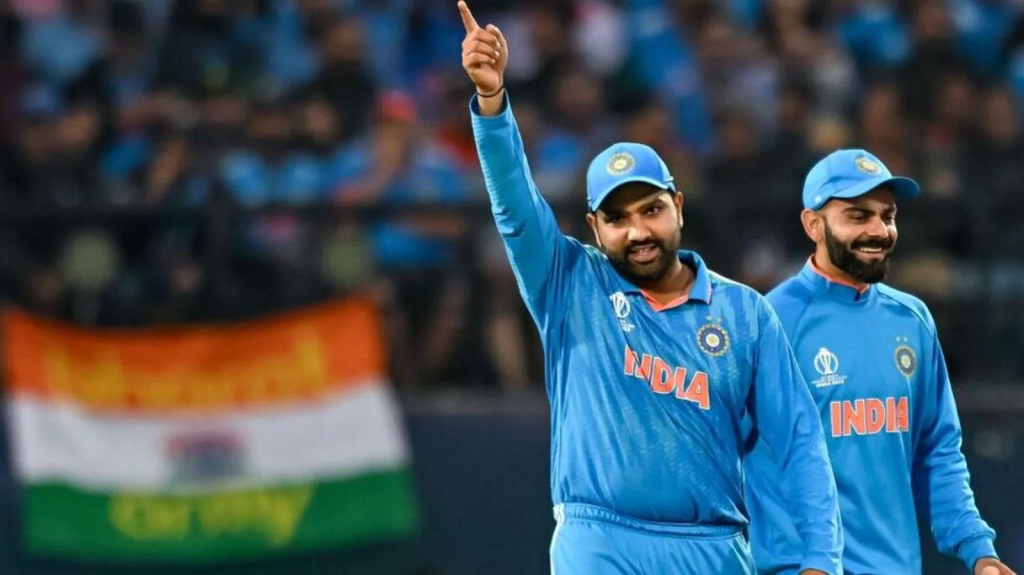
Rohit Sharma and Virat Kohli now find themselves in a transitional stage — both featuring in just one international format. At 38 and 37 respectively, these icons of Indian cricket, with careers spanning nearly two decades, face the formidable task of maintaining not only their physical conditioning and batting form but also the mental sharpness that has defined their excellence. While Indian cricket has seen many greats specialize in a single format, rarely has that format been the 50-over game, making their situation unique and challenging.
Despite the years, both continue to be invaluable assets. Kohli redefined India’s Test dominance overseas, while Rohit revolutionized India’s limited-overs approach, spearheading aggressive starts and instilling a fearless batting mindset across the lineup. His leadership saw India not only winning consistently but doing so with flair and confidence — a hallmark of his captaincy legacy.
Still, the recent change in leadership marks a tough reality. Many fans believe Rohit’s removal, especially after guiding India to a global trophy, feels abrupt. Yet, with selectors and coach Gautam Gambhir committing to Shubman Gill as the future, the decision seems irreversible. For Rohit, this marks a poignant new chapter — from leading the charge to mentoring his protégé. It’s a rapid role reversal that will test his adaptability, resolve, and legacy as one of India’s most impactful leaders.



